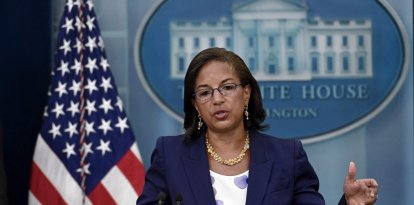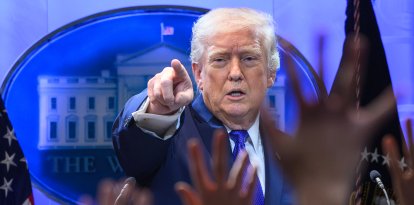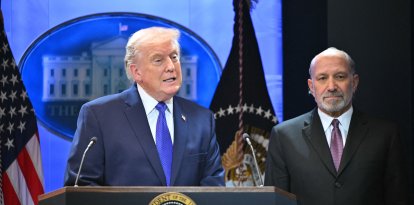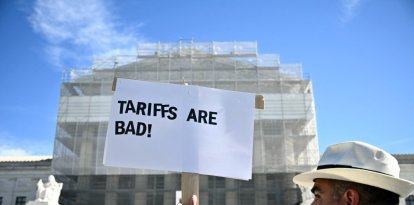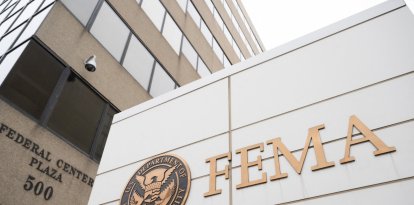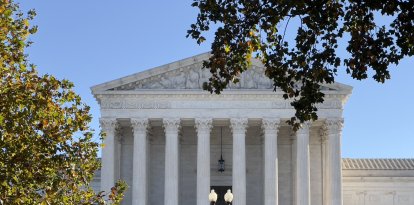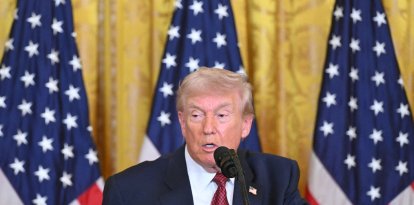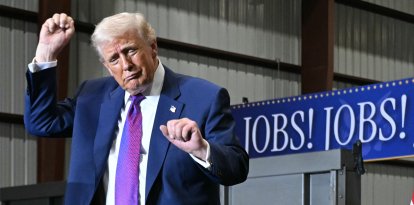Factors not considered in polls could favor Trump in the final stretch
Recent changes in voter registration and an increase in early voting could tip the scales in favor of the former president.
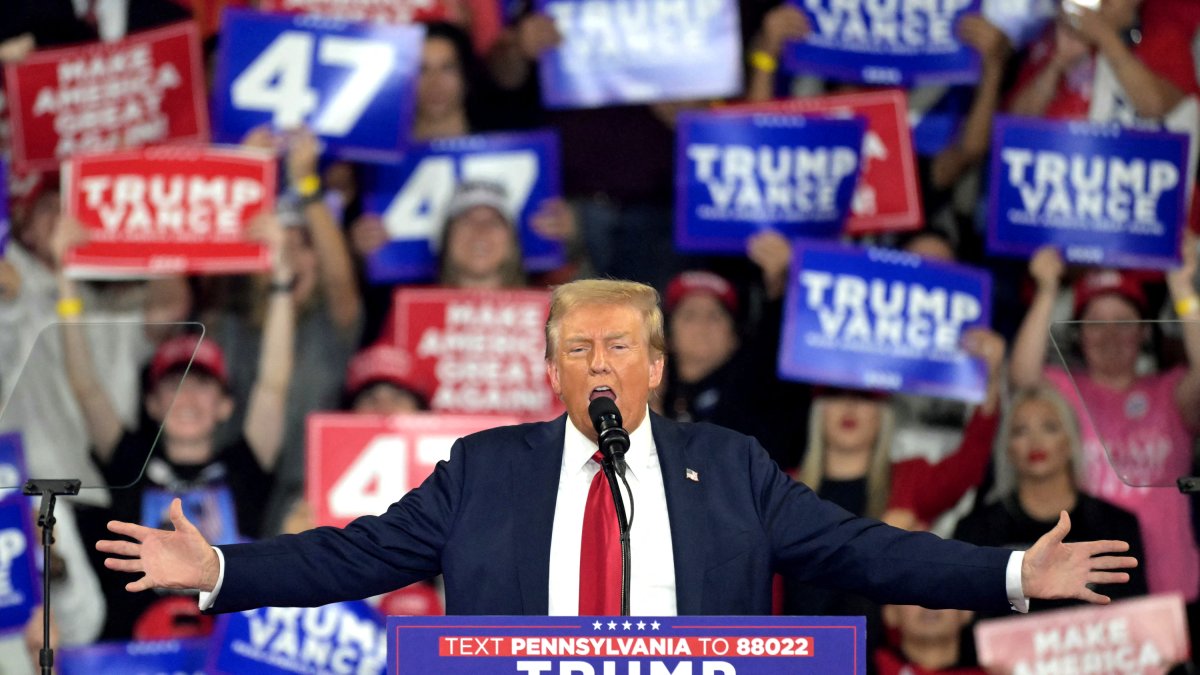
Trump has been the Republican nominee for president for three consecutive elections/ Jim Watson.
In the final days of the 2024 presidential race, analysts have warned of possible polling flaws that could affect projections, due to recent changes in voter registration and a surge in early voting that could tip the scales toward former President Donald Trump in the next election.
Changes in voter registration
Alex Castellanos, an experienced political consultant, explained on Fox News's Special Report program that the polls, which currently show a tight race between Donald Trump and Vice President Kamala Harris, have not accounted for a "massive shift" in voter registration since the last presidential election.
According to Castellanos, in 31 states where voter registration is partisan, 30 of them have experienced an increase in Republican registration over the past four years. "I think there’s a wavelet out there of Republican enthusiasm and registration," the strategist said. According to Castellanos, the increase in Republican registration is an indicator that recently registered voters, whether new or switching parties, could be leaning toward Trump, something he said pollsters have not reflected in their projections.
The strategist also criticized the lack of variation in the polls, claiming that they are repeating the same data without considering the new electoral context. "It’s like they’re telling us we’re watching a basketball game where every play’s a jump ball," he ironized, highlighting the lack of statistical precision in the polls that keep the race virtually tied in several key states.
Increase in early Republican voting
Meanwhile, Jim Messina, Barack Obama's former campaign manager, indicated that early voting among Republican voters has grown, posing a challenge for Democrats. "Republicans do have an advantage in early-vote numbers [this time]. When the early votes come in, it’s going to look a little bit different than 2020, and that’s scary," he acknowledged.
Messina explained that this change could be because in 2020 Trump discouraged early voting, an approach he did not use this time to reduce the pre-election voting gap.
Trump's campaign has achieved a significant increase in pre-election voting in four battleground states, including a 22-point increase in Pennsylvania and 9 points in Arizona and North Carolina compared to the 2020 cycle.
Close polls in key states and questions about data accuracy
Over the weekend, new polls showed close results in six of the seven decisive states, with margins of error making it difficult to determine a clear winner. Only in Arizona does Trump hold a significant four-point lead over Harris, while in other states such as Pennsylvania and Michigan, the candidates are tied. Kamala Harris holds a slight lead in Nevada, North Carolina, Wisconsin and Georgia, but all of these differences are within the margin of error.
Nate Silver, a polling data analyst, also questioned the accuracy of these polls, suggesting that some pollsters may be adjusting their data to reflect a close race, thus avoiding being singled out as outliers. This perceived tie has increased uncertainty about the final outcome and reinforces the importance of early voting patterns, which this year show notable differences from 2020.
As the U.S. prepares for Election Day, tension and suspense mount over the possibility that voter registration and early turnout factors, coupled with other elements not reflected in the polls, could define the direction of the White House in this polarized race.













